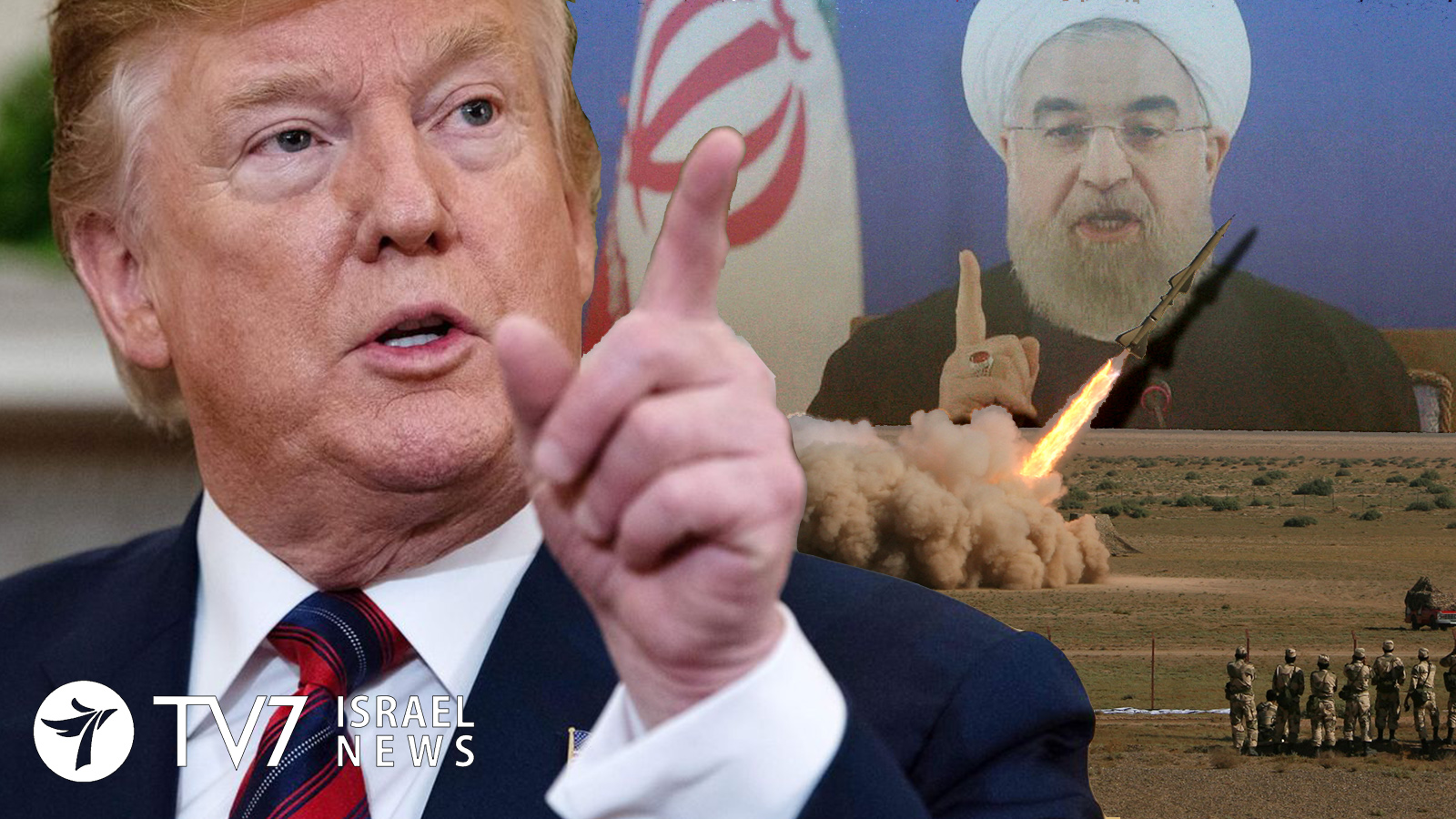U.S. Secretary of State Mike Pompeo revealed that Iranian activities that allude to a possible escalation led to Washington’s decision to deploy a carrier strike-group and a bomber task-force to the Middle East. The U.S. Secretary of State said: “We have continued to see activity that leads us to believe that there may be escalation that is taking place and so we’re taking all the appropriate actions both from a security perspective as well as our ability to make sure that the President has a wide range of actions in the event that something should actually take place.”
The decision to bolster America’s naval presence in the region was announced earlier this week by White House National Security Adviser John Bolton, who stressed that the move ‘aims to send a clear message to Iran that any attack on U.S. interests or its allies will be met with “unrelenting force.”‘ While Ambassador Bolton insisted that “the United States is not seeking war with the Iranian regime,” it is “fully prepared to respond to any attack, whether by proxy, the Islamic Revolutionary Guard Corps, or regular Iranian forces.”
In related news, Iran is expected to announce a series of measures tomorrow, in response to the growing economic constrains that have been imposed against it by the United States. According to Iranian-state media, the measures will be announced by President Hassan Rouhani tomorrow, on the one-year anniversary of the official U.S. withdrew from the 2015 nuclear deal with the Islamic Republic.
According to the IRNA news agency, one of the expected steps may include the “partial or total reduction” of some of Tehran’s obligations to the multilateral pact, that may lead to the “resumption of some nuclear activities” that were prohibited under the Joint Comprehensive Plan of Action, which is the technical term of the nuclear agreement.
With regard to the decision to end waivers vis-à-vis Iran’s oil exports President Hassan Rouhani insisted, in a speech that was broadcast live over the weekend, that the Islamic Republic must pursue definitive actions that will curb the impact of U.S. sanctions. He said: “We should increase production, and raise our (non-oil) exports, stock oil products and sell products and resist America’s plots against the sale of our oil and to sell our oil.”
The Ayatollah regime’s efforts to convince its clients to preserve business as usual have had little to no effect. While China indicated its resolve to maintain its trade agreements with Iran – India, which was Tehran’s second biggest client, announced its decision to comply with Washington’s demands. According to the Iranian Foreign Ministry Spokesman, Raveesh Kumar, “We continue to engage with the United States on this matter. We have conveyed to them about our energy security requirement, but a decision has been taken by them and accordingly we have responded.”
Contrary to India, Turkey has found itself in a tough position, as its continued attempts to persuade the United States to extend its waiver on Iranian-oil-sanctions, yielded no results. As such, due to its refusal to seek alternative means, Ankara has found itself “unable” to diversify in a short period of time. In his words: “It does not seem possible for us to diversify the sources of the oil we import in a short time. The technology used in our refineries is not compatible with crude oil (that is exported from) many countries.”
Despite the fact that the United States provided Turkey an entire year to seek alternative sources of import, Minister Cavusoglu accused the United States of taking unilateral decisions that impacts “everyone” negatively. The Turkish Foreign Minister said: “We have to renew the technology of our refineries when we buy oil from third countries. That would mean the refineries remaining shut for some time. This, of course, has a cost. No matter which angle you take, this unilateral decision of the United States has a negative effect on everyone.”
In response to the Turkish Statement, a White House official insisted that it has worked with top oil exporters in Saudi Arabia and the United Arab Emirates to ensure the market was “adequately supplied”.
